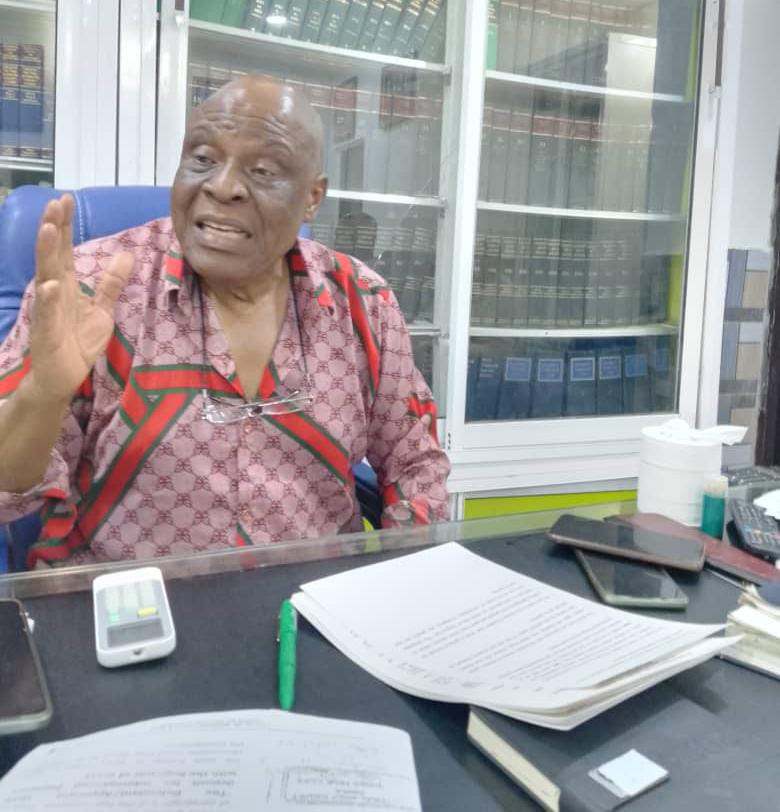By Ekuson Nw’Ogbunka, Abuja
A senior lawyer Amobi Nzelu Esq has shared his views on various bills being considered by the Senate Committee on Constitutional Review.
Sharing his views on planned public hearings by Senate Committee on Constitutional Review in each geo political zone in Nigeria, to deliberate on some outstanding bills, Nzelu emphasized the importance of empowering traditional institutions, granting autonomy to local governments, and reforming the judiciary.
Nzelu drew parallels between the role of traditional institutions in Nigeria and the National Guard in the United States, highlighting the need for traditional institutions to be independent, empowered to advise and check the excesses of government officials. He suggested that their roles should be spelled out and that they should have their own national council in every state and comes with advice to the public office holders, including governors, without fear or favour.
Nzelu also advocated for local government autonomy, citing the Supreme Court’s judgment that local governments are autonomous. He noted that governors often hijack funds meant for local governments, and that local governments should be allowed to receive their funds directly.
On judicial reforms, Nzelu proposed the establishment of seven Supreme Courts in Nigeria, one for each geopolitical zone. He argued that this would help to reduce the burden on the current Supreme Court and ensure faster justice delivery.
Nzelu also shared his views on other bills, including state police, revenue mobilization, inclusive governance, gender equity, independent candidacy, and the House of Representatives. On state police, he argued that it would help address insecurity in the country, while on revenue mobilization, he welcomed the bill, emphasizing the need for accountability.
Nzelu’s views highlight the need for comprehensive reforms in Nigeria’s governance structure. By empowering traditional institutions, granting autonomy to local governments, and reforming the judiciary, Nigeria can promote good governance, accountability, and justice delivery.












